9 plants that repel spiders and keep them out of your home
Get rid of spiders with the help of these common plants
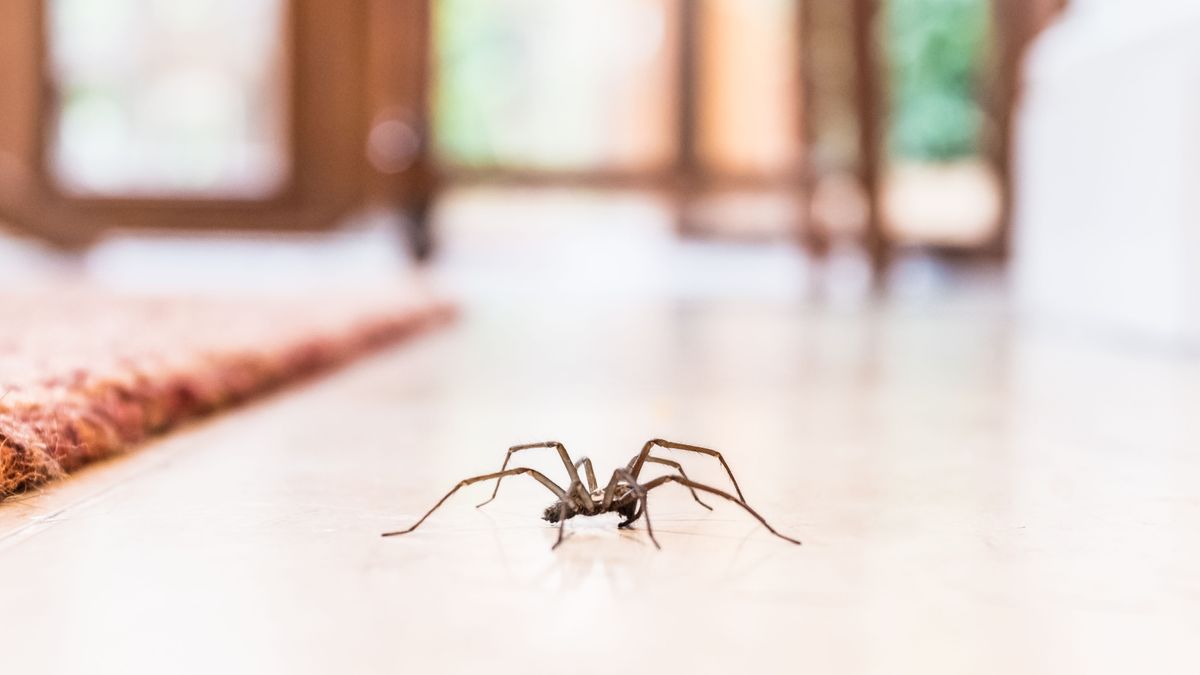
It’s always a nuisance when you spot spiders crawling around or hiding in your home, and you'll need to know how to get rid of these pests fast.
Learning how to get rid of spiders can be unnerving, especially if you have a fear of approaching such creepy crawlies. However, if you don’t fancy killing or catching spiders, they can quickly reproduce or leave you having to get rid of unsightly cobwebs that has appeared everywhere.
Luckily, there are specific plants that repel spiders and keep them from invading your home. Known for their fragrant, fresh properties, these common plants and herbs will actually be pungent to spiders, and keep them at bay. For these plants to work better, place them in key areas where spiders are likely to enter the home, such as near doors, entryways, and windows.
Best of all, these natural repellents are free from chemicals, inexpensive, and will also make your home smell fresh at the same time. A win-win! So, if you want a simple, fuss-free solution to your pest control woes, try these 9 plants that repel spiders and keep them out of your home.
If you’re having trouble with felines in your yard, there are also 7 plants that repel cats.
1. Marigolds
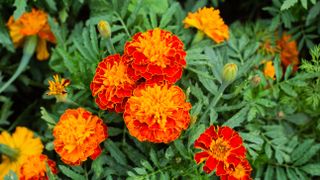
Marigolds can really brighten up your home and yard with their warm, orange and yellow blooms. But these pretty florals also release the strong, spicy smell called alpha-terthienyl — it's a phototoxin that keeps spiders away, making them an effective, natural repellent.
In addition, marigolds’ root system grows deeply and in abundance. So this pungent smell can also reach deep into the soil, wherever a spider might be crawling around or hiding.
Sign up to get the BEST of Tom's Guide direct to your inbox.
Get instant access to breaking news, the hottest reviews, great deals and helpful tips.
Marigolds prefer to be planted in the full sun and require dry conditions with well-drained soil. What’s more, marigolds are the best plants to repel nearly every small pest around including mosquitoes, mice and rats and even snakes! So it’s worthwhile investing in these super plants.
2. Rosemary
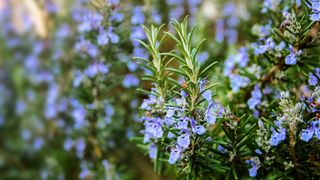
This aromatic herb may be a delicious garnish for meals, but spiders will be put off by its intense odor, and will stay far away.
What’s more, rosemary is easy to grow indoors in small pots, and are hardy perennial plants. Simply water it, repot occasionally, and your potted plant will last long. It’s best to place these on a window sill, balconies or any other locations where you spot spiders coming through. The strong fragrance makes this a great choice of repellent.
3. Lavender
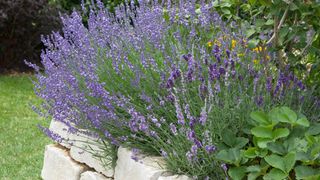
This pretty, purple flower is known for its fresh, calming scent that fills the air. But while the lingering scent is pleasant for our homes, it’s also offensive to spiders. This is because it contains a non-toxic compound called linalool, which is an essential component found in insect repellants.
A good tip is to take a generous cutting from a lavender plant, tie it together in a small bunch before hanging it in a room. Or fill little sachets with dried lavender, and place them in the spots/crevices where spiders are likely to invade your home. If you don’t have access to fresh lavender, you can opt for spraying lavender essential oils around the home. The powerful, aromatic smell should keep spiders and other pests at bay.
4. Chrysanthemums
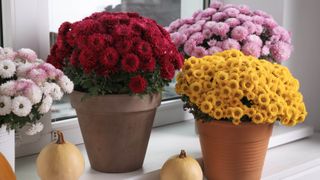
Chrysanthemums are another colorful plant that emits a potent smell to repel spiders and other pests. These blooming flowers contain pyrethrum — an insecticidal compound that is an effective repellent, and can be toxic too.
As these are popular flowers, you can easily find these in your local gardening store, and either place inside your home or in the yard. In fact, chrysanthemums can be commonly used to repel ants, ticks, fleas, and even bed bugs amongst many.
Just bear in mind these are known to be toxic to both cats and dogs, so keep pets away!
5. Mint

Another fresh fragrance spiders hate are scents of the mint variety. Particularly peppermint and spearmint, as these tend to be the strongest. Consider growing these aromatic herbs in your backyard, or placing them in pots to deter spiders.
Or you can make a homemade solution by simply taking a few fresh mint leaves, and place inside a spray bottle with water. Leave to absorb in the solution before spraying around entry points in your home and outdoors.
Alternatively, you can soak cotton balls in peppermint essential oils before placing them around the trouble spots or areas around the home. Just remember to remove them and replace once the scent has faded.
6. Eucalyptus
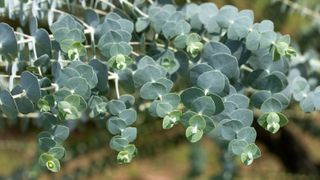
The distinct, menthol-smell of eucalyptus leaves is what makes this popular plant unappealing for spiders. This popular houseplant can grow to a height of 6-10 feet, and also makes a nice decorative feature to any room.
Simply place a few fresh sprigs around your kitchen, living room and entryway to keep spiders at bay. Alternatively, you can mix a few leaves, witch hazel essential oil and water into a spray bottle, before spritzing those trouble areas where spiders creep in. Bear in mind the tree is toxic to cats and dogs when ingested, so keep pets away.
7. Lemon balm

Surprisingly, lemon balm is from the mint family, and often used for adding a citrusy zest to dishes. However, while we might find it refreshing, this houseplant will repel spiders. Like most pests, spiders detest anything that smells of citrus, and will find it overpowering.
Lemon balm is easy to grow from seeds in pots, and can be placed on window sills or other areas around the home. Alternatively, you can make a homemade solution by mixing a piece of lemon balm and water into a spray bottle. Then spray the solution in those trouble spots or areas where spiders are likely to lurk.
Best of all, lemon balm or anything citrus are the best repellents for fruit flies, wasps, ants, snakes and other common pests.
8. Basil and sage
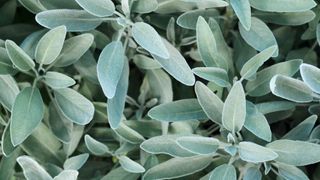
Not only are these fragrant herbs great for cooking, but they're also excellent at keeping spiders away. These popular herbs can either be planted in pots, or bought from your local grocery store. Then simply place them around entry points in the home.
When growing sage, you should water when the top inch of soil is dry, but be careful not to get the leaves wet. Sage is also a good plant to have if you want to attract pollinators to your yard. Basil does well in warm conditions, providing it receives 6-8 hours of sunlight each day. These herbs make the ideal pest repellents, and will keep them at bay.
9. Onion
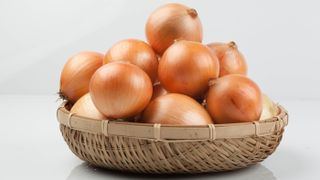
Onions are a staple ingredient found in our kitchens, and while these are tasty in our foods, such smells are repulsive to spiders. Similar to garlic, this is due to their high quantities of sulfonic acid, which gives off a pungent smell.
If you’re not growing onions, however, you can simply chop slices of onions, mix them with rock salt in a small dish, before placing them around your property. This will quickly banish spiders, and other pests in the home. Alternatively, you can opt for potted chives, another herb that has a strong onion scent.
More from Tom's Guide

As the Homes Content Editor, Cynthia Lawrence covers all things homes, interior decorating, and garden-related. She has a wealth of editorial experience testing the latest, ‘must-have’ home appliances, writing buying guides and the handy ‘how to’ features.
Her work has been published in various titles including, T3, Top Ten Reviews, Ideal Home, Real Homes, Livingetc. and House Beautiful, amongst many.
With a rather unhealthy obsession for all things homes and interiors, she also has an interior design blog for style inspiration and savvy storage solutions (get rid of that clutter!). When she’s not testing cool products, she’ll be searching online for more decor ideas to spruce up her family home or looking for a great bargain!
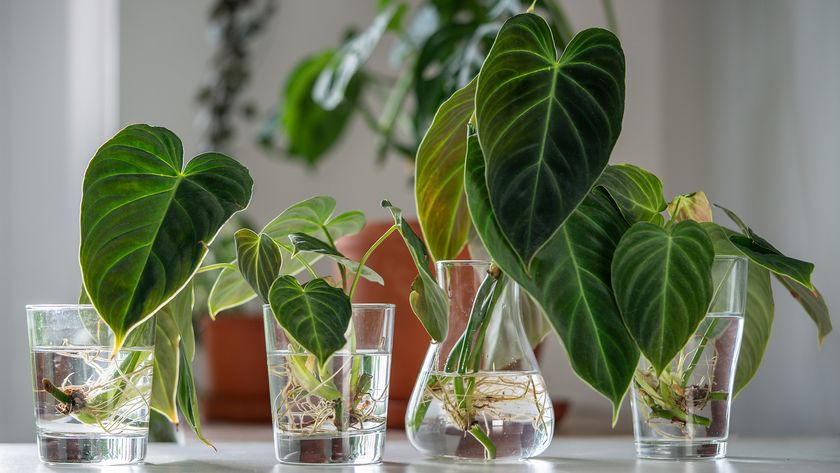
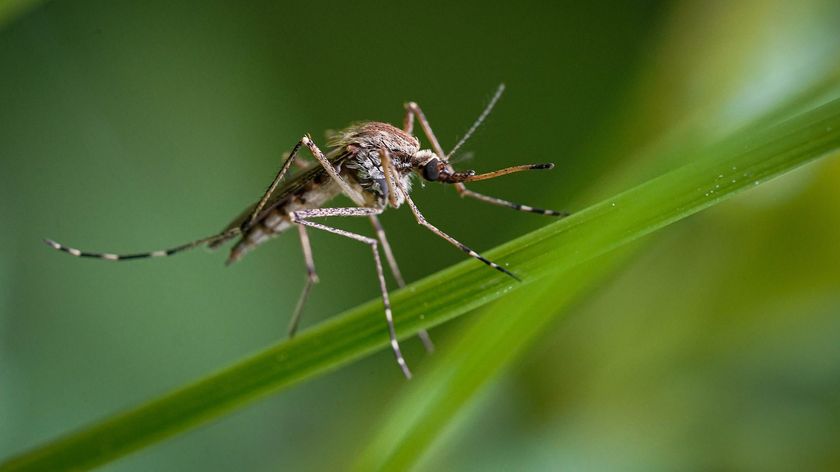
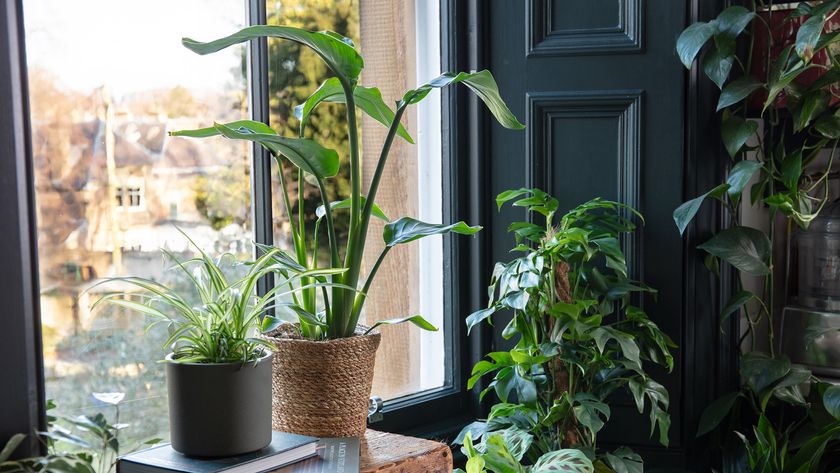
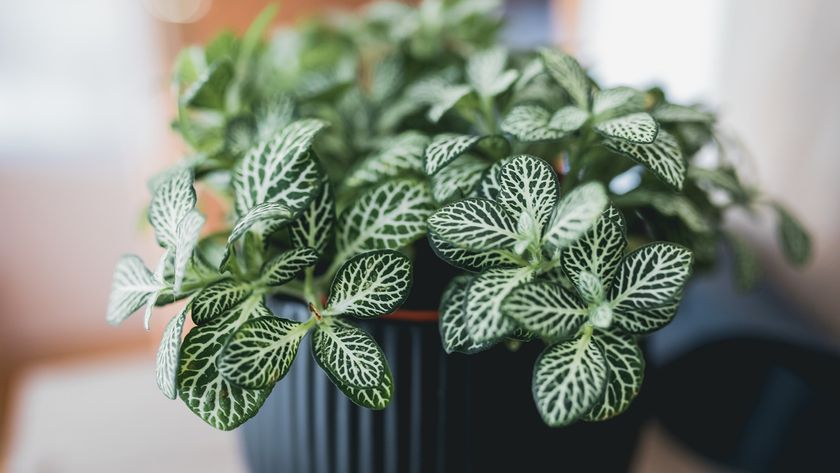
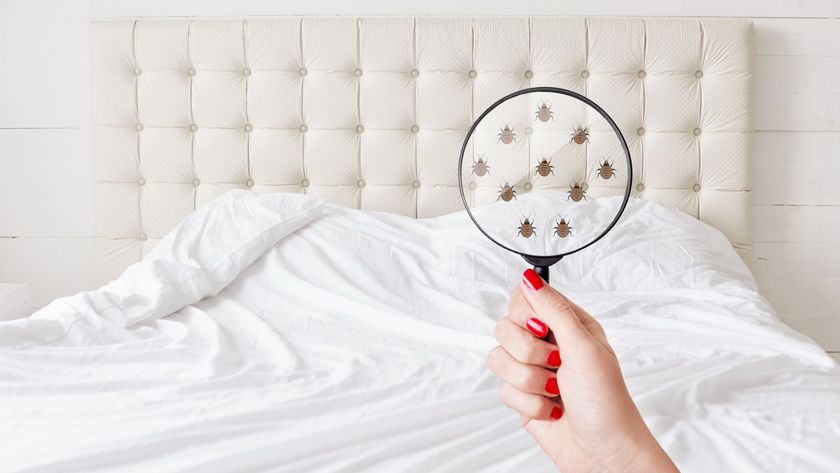
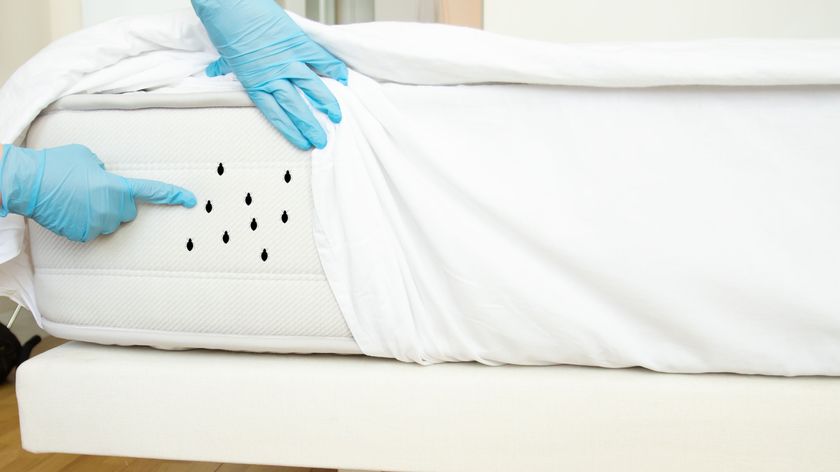





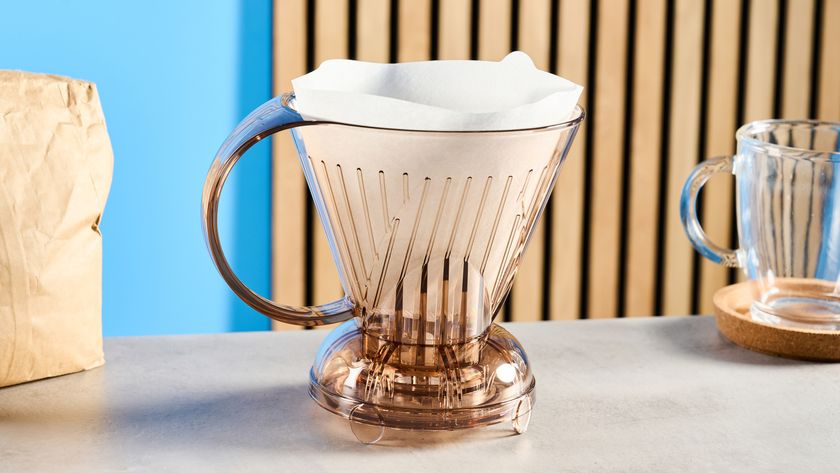






-
Givrally Cynthia, do you not see how starting your article with "(...) especially if you have a fear of approaching such creepy crawlies" and then putting a picture of a, pardon my french, huge spider as a thumbnail might not be the best idea ? Or how it might drive off part of your target demographic, namely arachnophobics ?Reply -
matthewrjwilson This article is super helpful. Not because I'm an arachanphobe, but now I know what not to put in my home. Seems like it's mostly just smelly stuff.Reply





